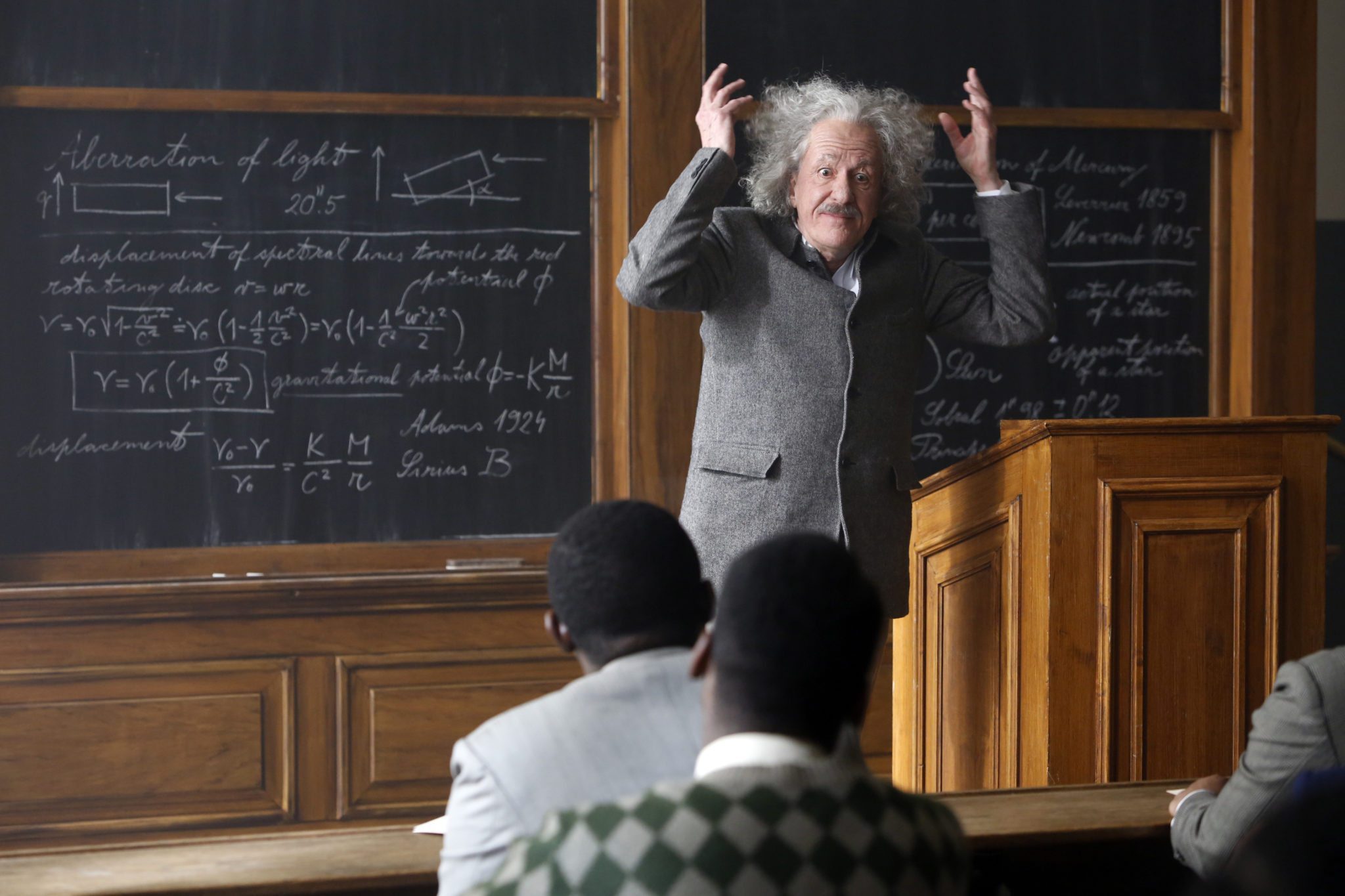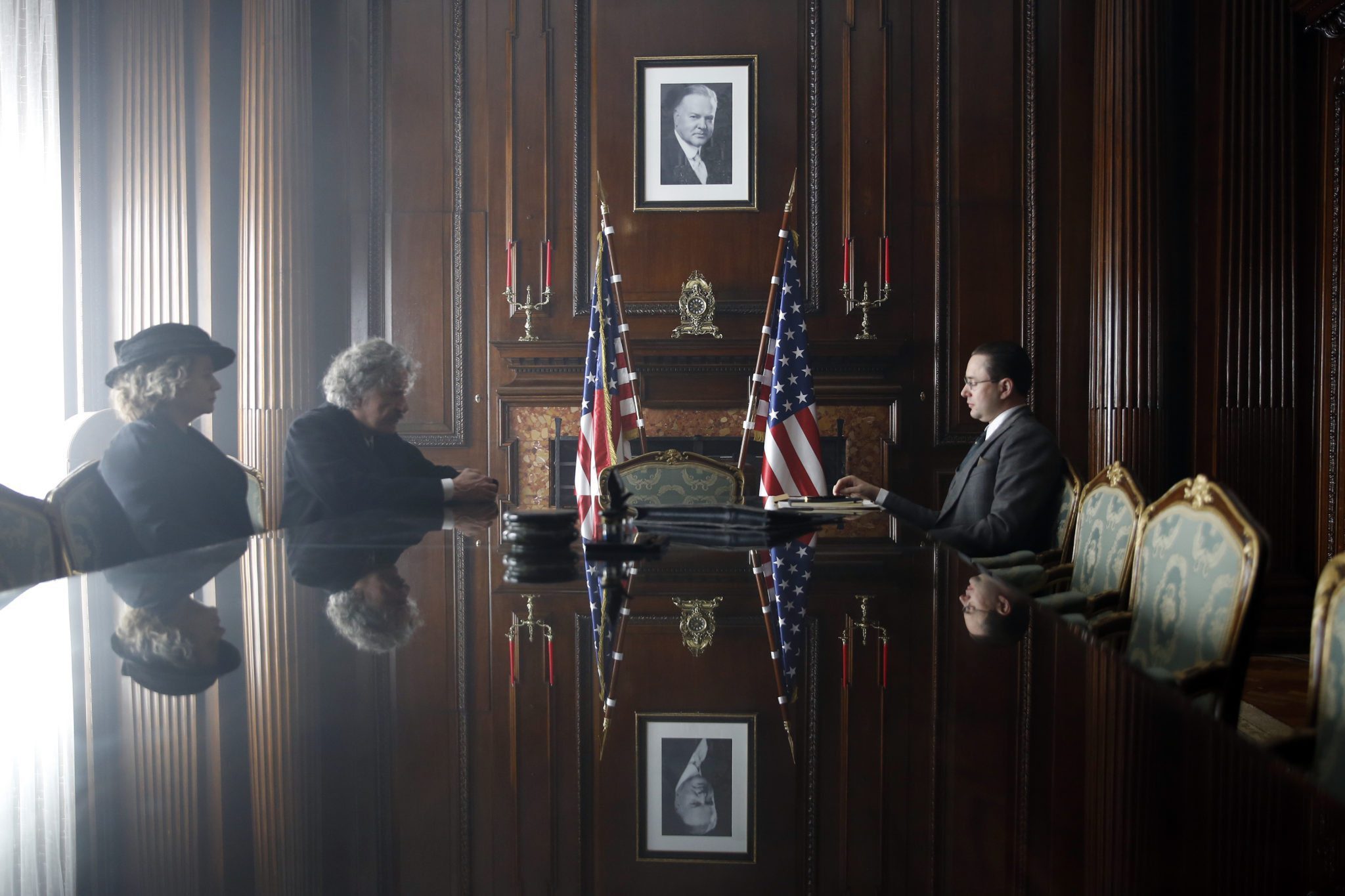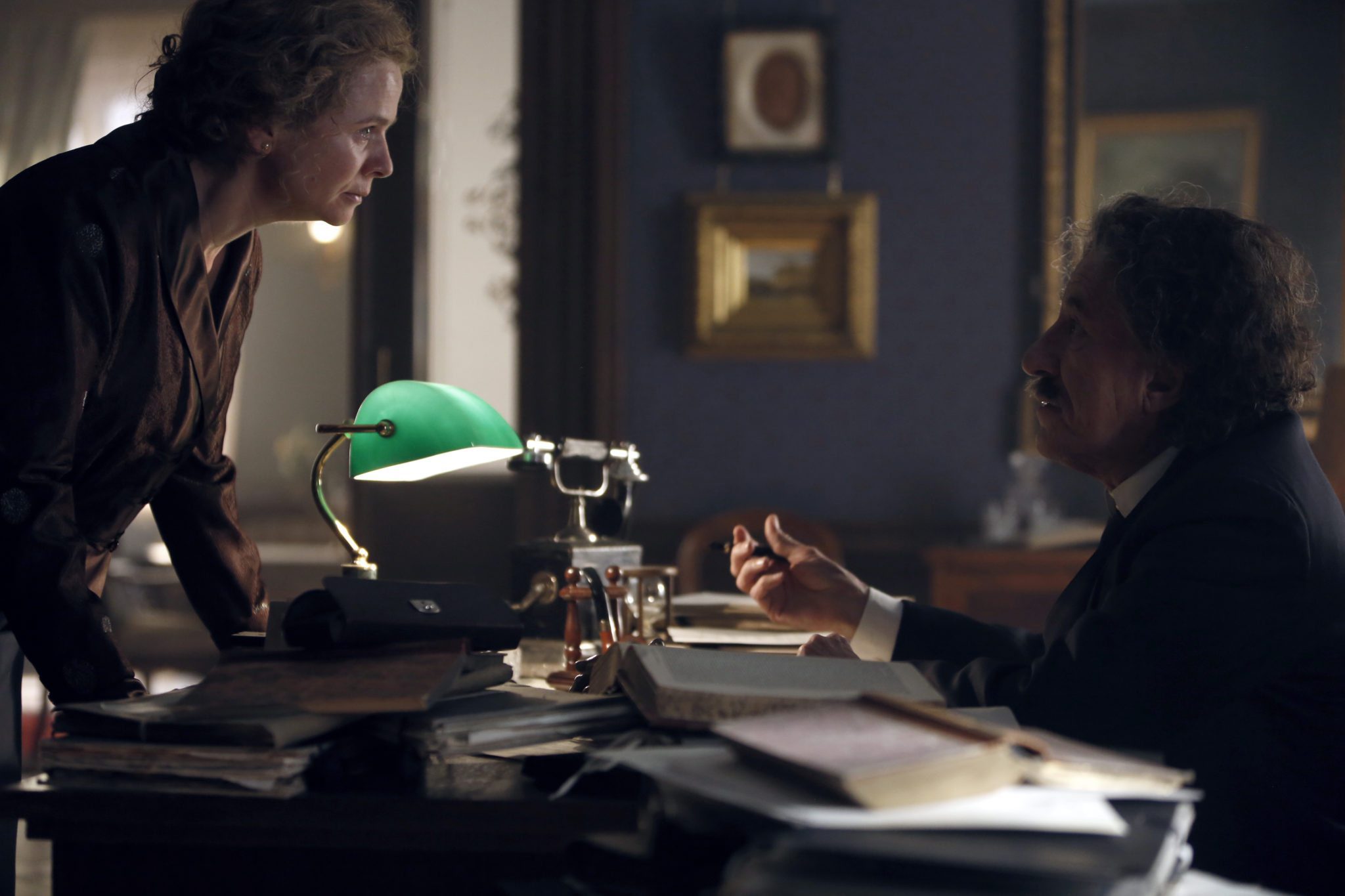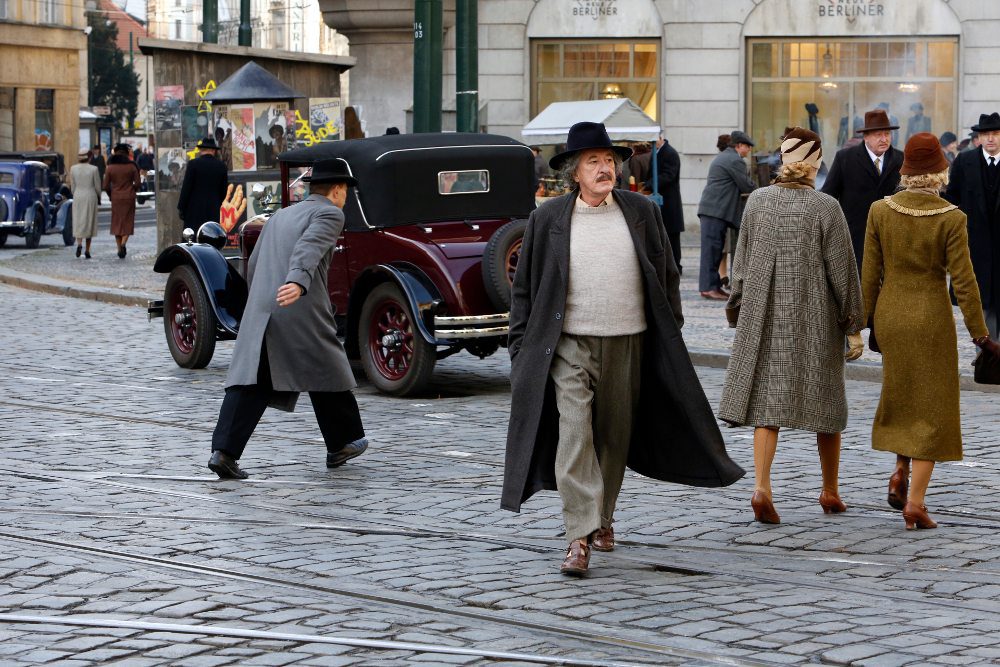
Genius Finale — Bringing Back the Joy
In the two-hour conclusion, Albert Einstein has moved to the US and is a professor at Princeton University. But the events of the world have seemed to conspire against him.

In the two-hour conclusion, Albert Einstein has moved to the US and is a professor at Princeton University. But the events of the world have seemed to conspire against him.

We return to a question posed in the first episode: will Albert and Elsa Einstein get their visas approved to the US?

Sin can only be hidden for so long, but it will eventually be exposed. Episode 7 makes this fact crystal clear.

In the opening episode, broad strokes are painted as Howard intersperses the younger and elder versions of Einstein. The younger Einstein is a daydreaming free thinker; the elder is wiser yet stubborn.

Molly Moon has a few good moments, but they?re sparse in a dark, drab film that?s mostly bereft of humor, includes a number of glaring plot holes, has lackluster music, and wastes the talent given to director Christopher Rowley.